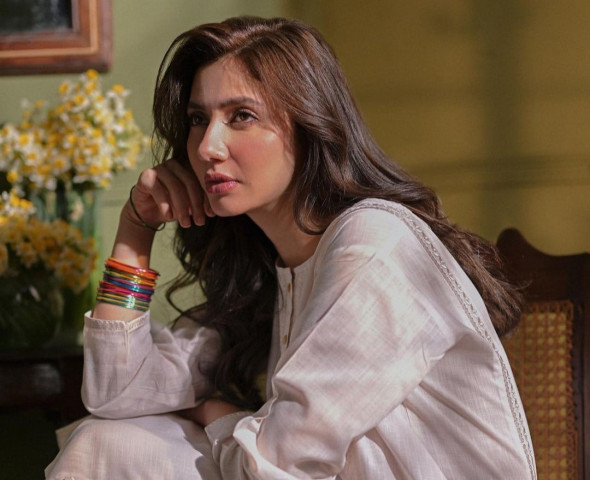From furnace to forearms: Behind Pakistan's exquisite Eid bangles
More than a dozen people can be involved in the making of a single bangle.

In Pakistan, the tradition of adorning intricately decorated bangles during Islamic Eidul Fitr celebrations is deeply ingrained in the cultural fabric. These bangles, more than mere accessories, represent a fusion of craftsmanship and tradition, involving a complex process that spans across various sectors of the economy.
Talking to AFP, Talat Zahid, a 42-year-old bangle decorator, emphasised the significance of bangles in Pakistani culture, stating, "Whatever the fashion trends, when we attend any event and wear any outfit, it feels incomplete without bangles." She highlighted the meticulous handiwork that goes into each piece, involving a collaboration of over a dozen individuals, from factory workers to skilled designers.
As Eidul Fitr festivities approach, markets bustle with activity as women flock to stalls adorned with a vibrant array of colorful bangles. Each bangle is meticulously inspected for its beauty and quality, with prices ranging from 150 to 1,000 rupees, reflecting the intricacy of design and materials used.
Hyderabad stands as a hub for the production of delicate glass bangles, known as "churi," where artisans shape molten glass wire around iron rods to create these exquisite accessories. However, behind the beauty lies a harsh reality for workers like Sameer, who endure oppressive temperatures and grueling conditions in unregulated factories.
Sameer, a 24-year-old labourer, shed light on the challenges faced by workers, stating, "The work is done without a fan. If we turn on the fan the fire is extinguished. So the heat intensity is high. As it becomes hotter our work slows down," Despite their dedication, many workers earn less than the minimum wage, struggling to make ends meet.
The bangle industry traces its roots back to the partition of British-ruled India in 1947, when migrating Muslims brought their craft from Firozabad to Hyderabad. However, escalating gas prices and reduced subsidies have threatened the viability of many factories, leading to closures and reduced operating hours.
Muhammad Nafees, a 50-year-old factory owner, lamented the impact of government policies on the industry, stating, "The speed at which the government has increased the gas prices and taxes, (means) the work in this area has started to shrink instead of expand." Despite these challenges, the production of bangles remains a family affair, with women like Saima Bibi working from home to embellish bangles alongside their household responsibilities.
Saima Bibi, 25, encapsulated the journey of each bangle, remarking, "They go through a lot of hands to be prepared." Indeed, behind every shimmering bangle lies a story of tradition, craftsmanship, and resilience, reflecting the enduring spirit of Pakistan's cultural heritage.
Have something to add to the story? Share it in the comments below.



















COMMENTS
Comments are moderated and generally will be posted if they are on-topic and not abusive.
For more information, please see our Comments FAQ